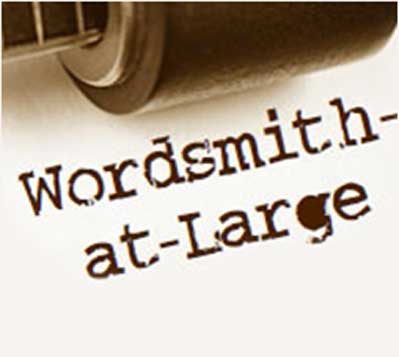Does the name Julian Castro ring a bell with you? Not to worry if it doesn’t. He’s a former mayor of San Antonio and was Housing Secretary in Obama’s cabinet. Currently, he’s a Democratic presidential candidate, but polls show he only has the support of just south of 1% of possible voters. Hardly a hurricane force about which others are concerned at the moment. (I doubt if it has anything to do with his last name, and surely he’s not related to Fidel, but it is a bit of an immediate negative.) His fortunes could all change, of course, but probably not the way the current electoral process is formulated.
And that’s actually the point Castro brought up recently. It seems he’s not a fan of having voters in Iowa and New Hampshire being the first to determine just who the nominee from his party is going to be come next November. While making sure to compliment voters in those states for being very serious about the process, he pointed out that residents are “not reflective of the United States as a whole, certainly not reflective of the Democratic Party.”
He’s got a point there. At last count, about 91% of Iowans and 93% of New Hampshire denizens are White. Castro has been called “the Latino candidate,” and even though his candidacy isn’t really resonating with that demographic either, you have to wonder if the current front-runners in his party, who happen to be White, would take umbrage if first caucuses/primaries took place in Florida and Texas.
Perhaps it’s time to tweak the system a bit. Since politics is often referred to as a game, what about treating the nomination process like the play-offs in college and professional sports?
Here’s the thought: Instead of individual states scheduling their own primaries and those spread out over four or five months, how about just three national primaries – with a few ground rules, of course. So that We the People aren’t inundated with every Tom, Dick, Harry, and Alice that think he/she can run the country, legitimate Presidential candidates would have to meet some criteria. Maybe raise $5 million from donors in at least half the states.
No more individual state primaries. We have one national one in May. Those getting over 25% of the vote stay in the race. There’s another national primary in July. This time the threshold is 40%. Another in September. Whoever emerges victorious then is the party’s nominee for the November General Election.
Undoubtedly there will be some negatives to this new system. Those in Iowa and New Hampshire probably wouldn’t take kindly to losing their quadrennial spotlights. The Silly Hat manufacturers could see a major hit in their business as we wouldn’t need to have nominating conventions where strange headgear has always been part of the official uniform of delegates.
National primaries also take away from the possibility of some dark horse emerging at a deadlocked convention. Even though most nominees have been a foregone conclusion in recent years, there used to be a lot of brokered conventions, with behind-the-scenes machinations (i.e. smoke-filled backrooms) involved in producing a candidate.
In 1924, Prohibition was the law of the land and at the Democratic Convention, the Wets and Drys couldn’t settle on a candidate. Alfred E. Smith and William G. McAdoo went through 102 ballots before John W. Davis became the compromise candidate on #103. (He lost the election big time to Calvin Coolidge.)
Adlai Stevenson (D) and Dwight Eisenhower (R) both weathered brokered conventions in 1952. And in 1968, had Bobby Kennedy not been assassinated, there’s reason to believe a major political turf battle would have ensued in Chicago that year (in addition to the actual battle that took place on the city streets between police and Vietnam War protestors).
More recently, really only the 2008 Democratic primary race featuring Barack Obama and Hillary Clinton came the closest to a nice little brouhaha at the Convention. But events transpired early enough so that Obama had things wrapped up before the delegates met.
New Hampshire has long been proud of being the first primary state. Iowa really didn’t get into the caucus business until 1972. As Julian Castro pointed out, things have changed a bit in America since then. A series of national primaries might be just the ticket. Sure it means extra trips to the polls for citizens, but it’s a small price to pay, isn’t it? Millions of people around the world would give up a lot to vote in an American election. I think we could all haul ourselves in for the good of the country, couldn’t we?
©MMXIX. William J. Lewis, III – Freelance Writer


Leave A Comment